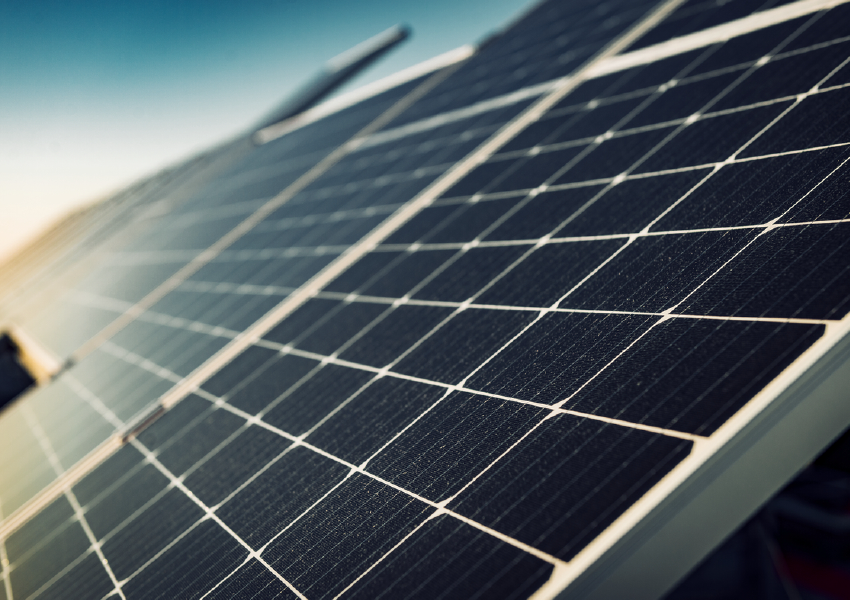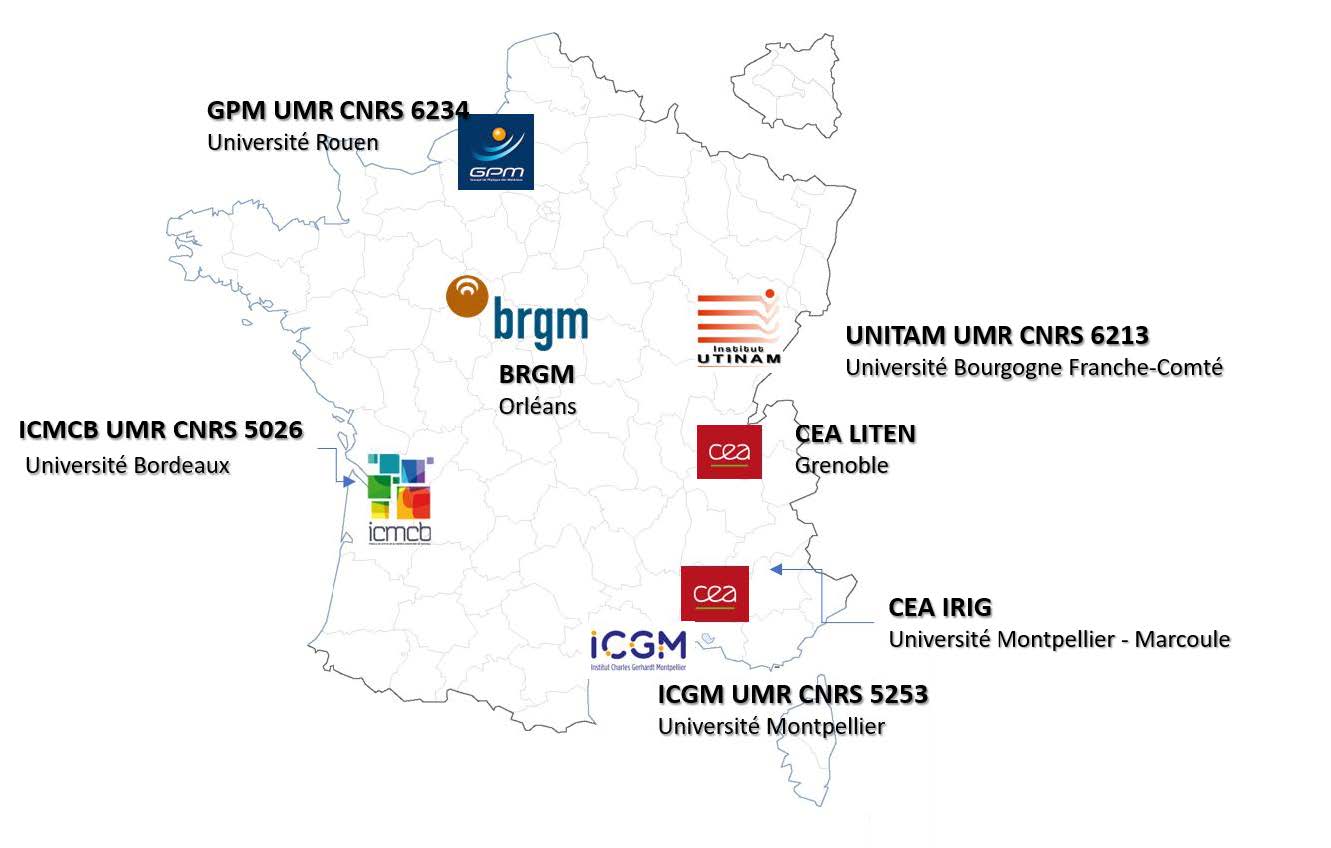
New energy technologies axis
Excerpt
Project : NTE, Nouvelles Technologies pour l’Energie
BOUYER Etienne, Researcher (CEA – Direction Déléguée aux Programmes)
Contact : etienne.bouyer@cea.fr
Virginie Nachbaur, Senior Lecturer (Université de Rouen – GPM)
Contact : virginie.nachbaur@univ-rouen.fr
Launch date: 01/03/2023
Reference: ANR-22-PEPR-0008
Our research is aimed at developing virtuous approaches to recycling in order to add value to certain systems linked to new energy technologies. Enhancing the value of the materials their components contain. Three technologies are covered: permanent magnets used in wind turbines to convert mechanical energy into electrical energy, low-temperature fuel cells that convert hydrogen (with oxygen) into electricity, and photovoltaic panels that produce electricity using solar radiation. These (components of) low-carbon technologies need to demonstrate their low carbon impact over their entire life cycle, including end-of-life. The project therefore aims to develop approaches adapted to each of the systems studied, with the common goal of finding efficient (short-loop) processes using green chemistry wherever possible.
Key words: Recycling, metal and polymer recovery, green chemistry, short and closed loop recycling, secondary raw materials, electrochemical processes, powder metallurgy, ionometallurgy, material flow analysis, sonochemistry.
Tasks
Our researches
Permanent magnets
Sorana LUCA (CEA – Liten)
Manufacture permanent magnets from used NdFeB magnets
Low-temperature fuel cells (PEMFC)
Pierre PILUSO (CEA – Liten)
Enhancing the value of platinum group metals and fluorinated polymers used in fuel cells
Photovoltaic (PV) cells
Romain DUWALD (CEA – Liten)
Ionometallurgical recovery of metals of interest (Ag, Cu, In, etc.) from PV panels
Key numbers
Laboratories
Researchers
Total budget
Consortium
Identify robust, sustainable solutions for adding value to the materials that make up energy systems (production, conversion). In concrete terms, this means developing and qualifying innovative, sustainable processes for the separation and purification of high value-added substances (metals, alloys, polymers) contained in the components to be recycled. This necessarily implies an understanding and optimization of the processes and their constituent stages. Generally speaking, this project will also contribute to a better understanding of the state of end-of-life components, and their level of degradation (of materials), enabling these end-of-life objects to be better directed towards the most suitable recycling process.
Promoting the use of green solvents (recyclable or regenerable) by limiting effluents in selected processes limits environmental impacts. The generic route, which aims to separate and recover high-value materials from components without degrading them and in a short loop, is a virtuous one. Also, using low-temperature, low-energy processes over a short period of time guarantees control and reduction of the impacts generated.
1 PhD, 2 post-docs

Project news
No news